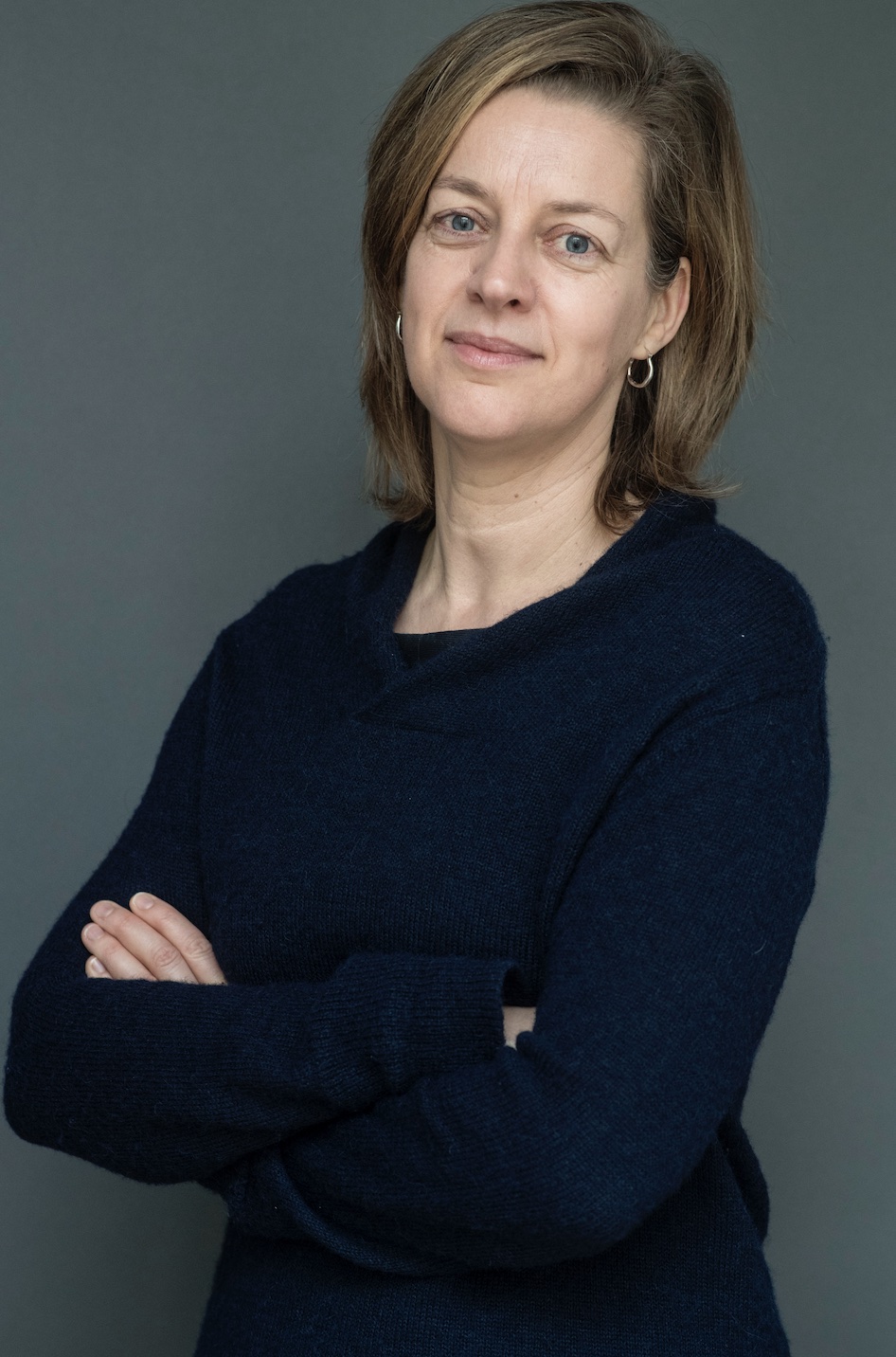A conversation with Passa Porta Director and VUB Arts and Humanities Fellow Ilke Froyen
What contemporary literary trends are there? What role does the literary canon play in contemporary reading experiences? What is the function of cultural institutions like Passa Porta? Ilke Froyen, general director of the international house of literature in Brussels Passa Porta and VUB Arts and Humanities Fellow answered these questions during a guest interview in the bachelor course “Inleiding tot de geschiedenis van de Europese letterkunde.”
In 2015 Ilke Froyen became the general director of the international house of literature in Brussels Passa Porta, a meeting place for (inter)national readers and writers and the setting of a biennial literary festival. Located in the Dansaertstraat in the centre of Brussels, Passa Porta also houses a multilingual bookshop. As a VUB Arts and Humanities Fellow, Froyen was happy to talk about contemporary literary trends in the framework of the bachelor course “Inleiding tot de geschiedenis van de Europese letterkunde.” Course titular and professor of literature in English and research methodology Birgit Van Puymbroeck and pedagogical assistant Jade Thomas spoke to Froyen and presented her with questions students had sent in beforehand.
 Ilke Froyen. Photographer: Saskia Vanderstichele.
Ilke Froyen. Photographer: Saskia Vanderstichele.
Literary Ecosystems and Cultural Equality
Literary authors play an important role in Passa Porta’s manifold activities. The house of literature offers writers the opportunity to create new work through writing residencies and organises book presentations, debates and lectures that stimulate exchanges between readers and writers. “Passa Porta has an important responsibility as programmer in the literary ecosystem. Our choices partly determine what readers encounter,” Froyen explains. “This is also why we think it very important to present a broad and culturally diverse literary panorama.” Indeed, both European authors like Stuart Douglas and Marieke Lucas Rijneveld and international voices like Imbolo Mbue and Yoko Ogawa joined this year’s biennial literary festival. Two years ago, British-Eritrean author Sulaiman Addonia wrote an ode to Virginia Woolf on the occasion of Passa Porta’s so-called ‘Noble Prize,’ an award that posthumously honours authors who have been scandalously overlooked by the Swedish Academy. Cultural equality between authors, readers, and literatures is held in high esteem by Passa Porta, which aims to establish a dialogue between cultures, languages, and generations across the literary canon.
Intermediality and Multilingualism
Of course, literature goes beyond the printed book in our contemporary digital society. Storytelling can be found in different shapes and forms. From graphic novels, theatre, and slam poetry to games and digital literature. “Writing is not a uniform process, but a complex interplay of different aspects. You can compare it to cooking. Authors need to make sure that the sauce that binds the story to its medium tastes nice, but they also take into account other elements such as the writing tradition, the genre, topicality, etc.” Froyen observes. Readers like to take a peek into the kitchen of their favourite authors, which may explain the success of Passa Porta’s author-based events.
Froyen responds positively to her past three years as VUB Arts and Humanities Fellow. Cooperation between the working field and the academic world are important ingredients in the literary ecosystem: research, knowledge, and practice can impact each other positively. Authors taking part in the Passa Porta residency programme often visit the VUB campus for a guest lecture or teach a creative writing class or a discussion seminar. Similarly, projects by VUB researchers reach a broad audience via Passa Porta. A good example is Brussel schrijven: De stad als inspiratiebron sinds de 19de eeuw/Écrire Bruxelles: La ville comme source d'inspiration depuis le XIXe siècle (Daniel Acke and Elisabeth Bekers, eds.), a bilingual book about the significance of Brussels for literary writers from all four corners of the world.
Froyen also looks forward to projects that are still in development. Following the impact of the coronacrisis, Passa Porta is organising a day on ‘care’ together with Kaaitheater and other partners on the 24th of October. Ecopolis gathers authors, performance artists and academic experts to reflect on care and sustainability in the broadest sense of the word. Passa Porta will also collaborate with different partners on a project on multilingualism in Brussels. Since multilingualism is an important research topic in the Faculty of Arts and Humanities at VUB, Froyen’s fellowship proves its value.
Ilke Froyen is general director of Passa Porta since 2015. She became VUB Arts and Humanities Fellow in 2018. Together with Prof. Elisabeth Bekers, she recently published “Until the Lion Has a Voice, the Tales of the Hunt Will Only Be Those of the Hunter,” an article that was also published in Dutch and which highlights the importance of a more inclusive literary canon.